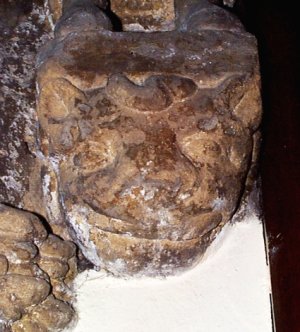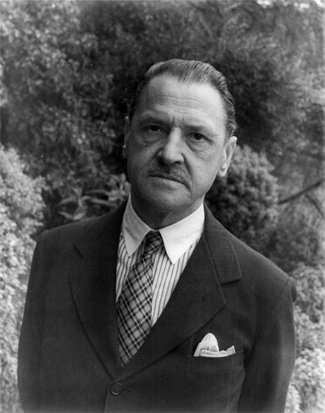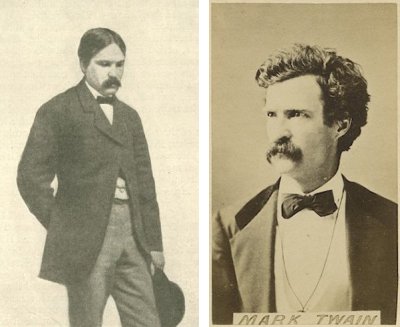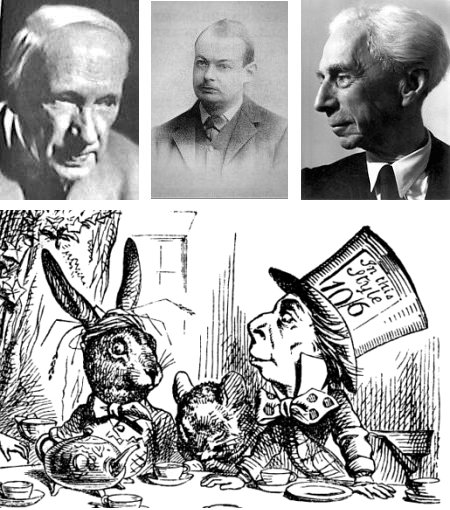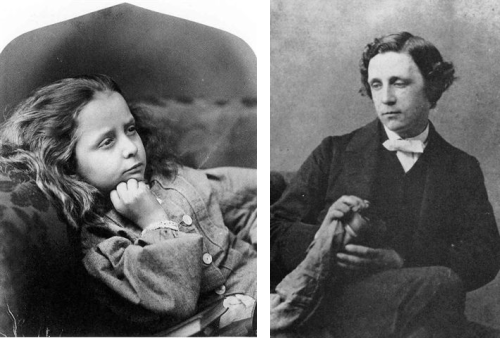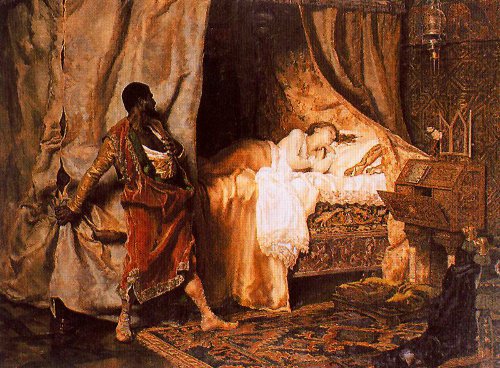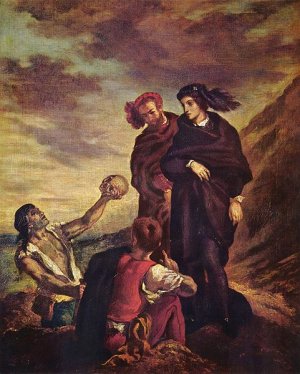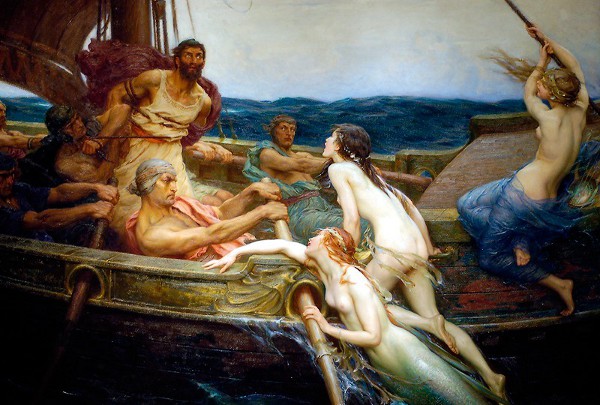
In 1858, William Ewart Gladstone noticed something peculiar in Homer: Both oxen and the sea are compared to the color of wine, sheep are “violet,” honey is “green,” and, while the sky is described as starry, broad, great, iron, and copper, it’s never “blue.” He advanced the idea that “the organ of colour and its impressions were but partially developed among the Greeks of the heroic age.”
Building on this idea 20 years later in Nature, William Pole suggested that Homer might even have been color-blind. “It would be a most interesting fact in physiology and optics,” he wrote, “if we could show, in this way, that dichromatism was an early stage of human vision out of which the present more comprehensive and perfect faculty has been gradually developed in the course of some thousands of years.”
The truth awaited a more sophisticated understanding of the interplay of culture and language, one that’s still evolving. In a way that’s a shame — as Pole points out, if this oddity had been the unique mark of a particular writer, then we’d have “the strongest possible proof, by internal evidence, of the existence of a single author, to whom the whole of the poems are due.”
